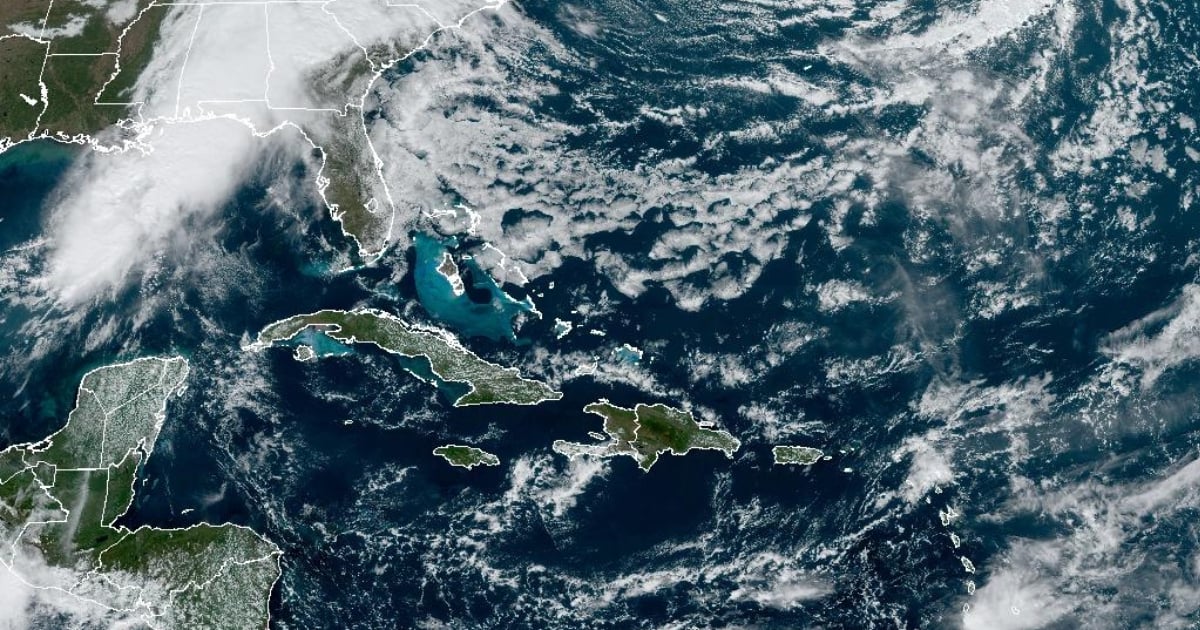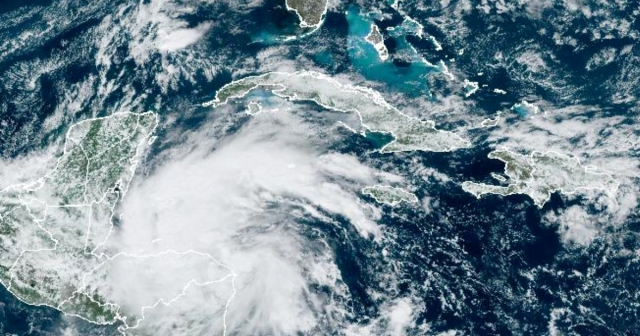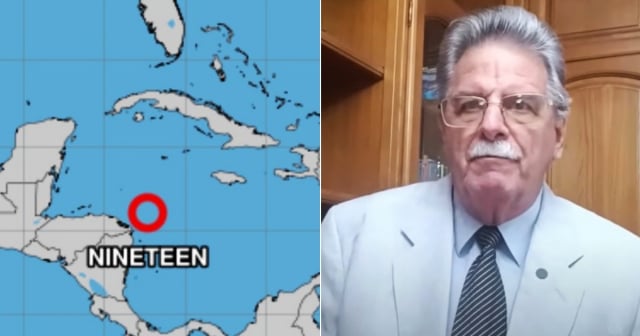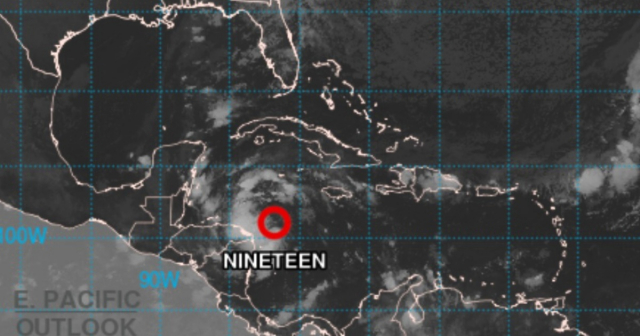
Meteorologists from the National Hurricane Center (NHC) in the United States announced on Tuesday one of the best pieces of news regarding what has been the most active hurricane season in the Atlantic in the last three decades: "The formation of tropical cyclones is not expected over the next seven days."
The satellite images and weather charts released on November 19 by the NHC show that the areas of the Atlantic, Caribbean Sea, and Gulf of Mexico are completely clear, suggesting that the 2024 hurricane season has come to an end, even though we are still 11 days away from the official date marking its conclusion.
"For the North Atlantic, Caribbean Sea, and Gulf of Mexico: The formation of tropical cyclones is not expected over the next 7 days," the NHC stated in its forecast.
Cuban meteorologist Raydel Ruisanchez echoed the warning from the U.S. institution. "I believe we have concluded the hurricane season," he said in a social media post. "With only 11 days left until the official end of the hurricane season, no cyclonic development is expected."
However, he warned that "there are still certain favorable conditions in the Caribbean Sea for the formation of tropical cyclones, but the probability of this occurring is very low."
During the 2024 Atlantic hurricane season, which, like every season, began on June 1 and concluded on November 30, there were 18 depressions, 18 storms, and 11 hurricanes, of which five were major hurricanes, meaning categories 3 or higher on the Saffir-Simpson scale (which has a maximum of 5), according to a statistical summary published by the digital encyclopedia Wikipedia.
This year's cyclones resulted in 375 fatalities and damages amounting to $148.29 billion, marking the season as "the third most expensive on record in the basin," according to the website.
Given the number of events recorded as the 2024 cyclone season is nearing its end, it is clear that meteorologists were highly accurate in their predictions.
Specialists from Colorado State University (CSU), pioneers in seasonal hurricane forecasts, announced at the beginning of June that this season would be "extremely active," with 23 named storms, 11 hurricanes, and five hurricanes of category 3 or higher in the Atlantic.
Their forecasts far exceeded the average of the last 30 years, which was 14 named storms, seven hurricanes, and three of category 3 or higher.
The National Oceanic and Atmospheric Administration (NOAA) had warned before the season began that it was expected to be the most active in the last three decades, with between 17 and 25 storms featuring winds exceeding 62 kilometers per hour.
Cuba was directly impacted by two powerful hurricanes: Oscar (Category 1) and Rafael (Category 3), which left a trail of destruction and significant losses in their wake.
On October 20, Oscar struck the eastern region, primarily the province of Guantánamo, where it caused unprecedented flooding that isolated entire communities and severely damaged homes, infrastructure, and agriculture, particularly in the municipalities of San Antonio del Sur, Imías, Maisí, and Baracoa, which were the hardest hit.
But the most significant harm was the loss of at least eight human lives, according to official government figures, which also reported two missing persons. So far, this data has not been updated; however, residents of affected areas in Guantánamo argue that the number of fatalities is higher.
Two weeks later, on November 6, Rafael unleashed his fury on the western tip of Cuba, causing devastation in the provinces of Artemisa and Havana, and also inflicting damage in Mayabeque and Pinar del Río.
The collapse of thousands of homes and other buildings, a widespread blackout lasting over a week, damage to electrical and telephone networks, and severe disruption to agriculture were the devastating impacts dealt by the hurricane in the western part of the country, further exacerbating the acute economic crisis that Cuba has been facing for the past five years.
As the threat of hurricanes recedes, a cold front has been announced that will affect the island in the coming days, bringing rain, thunderstorms, and a significant drop in temperatures.
Filed under:






